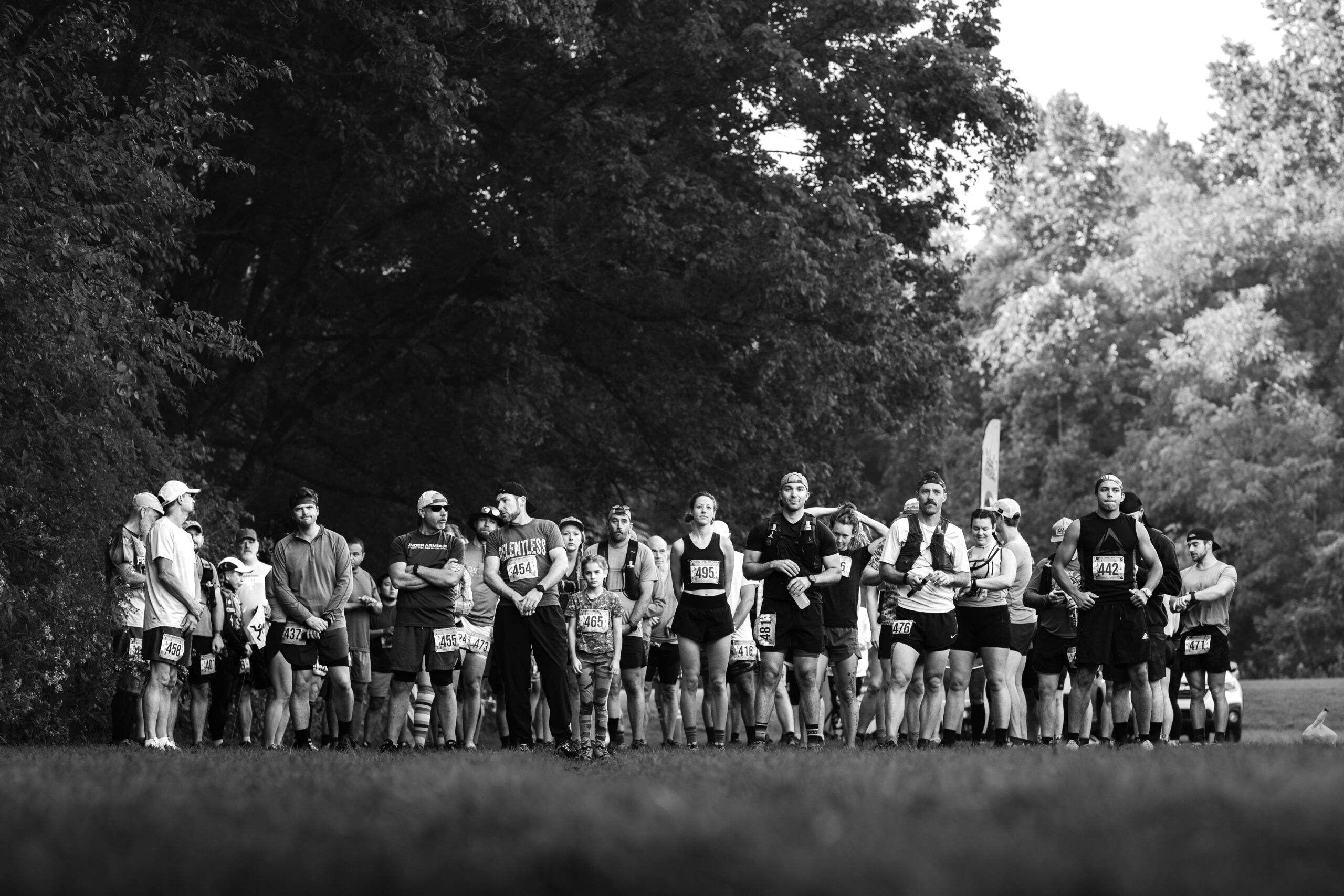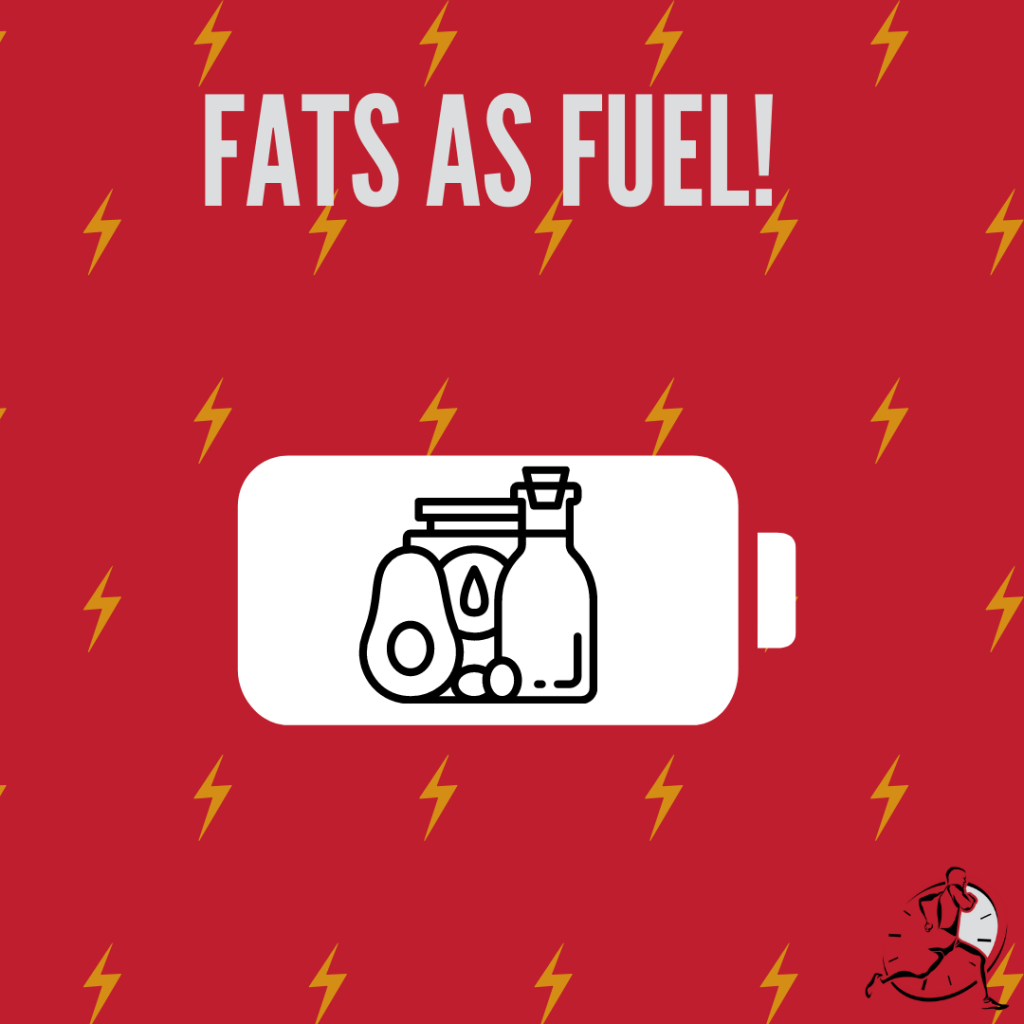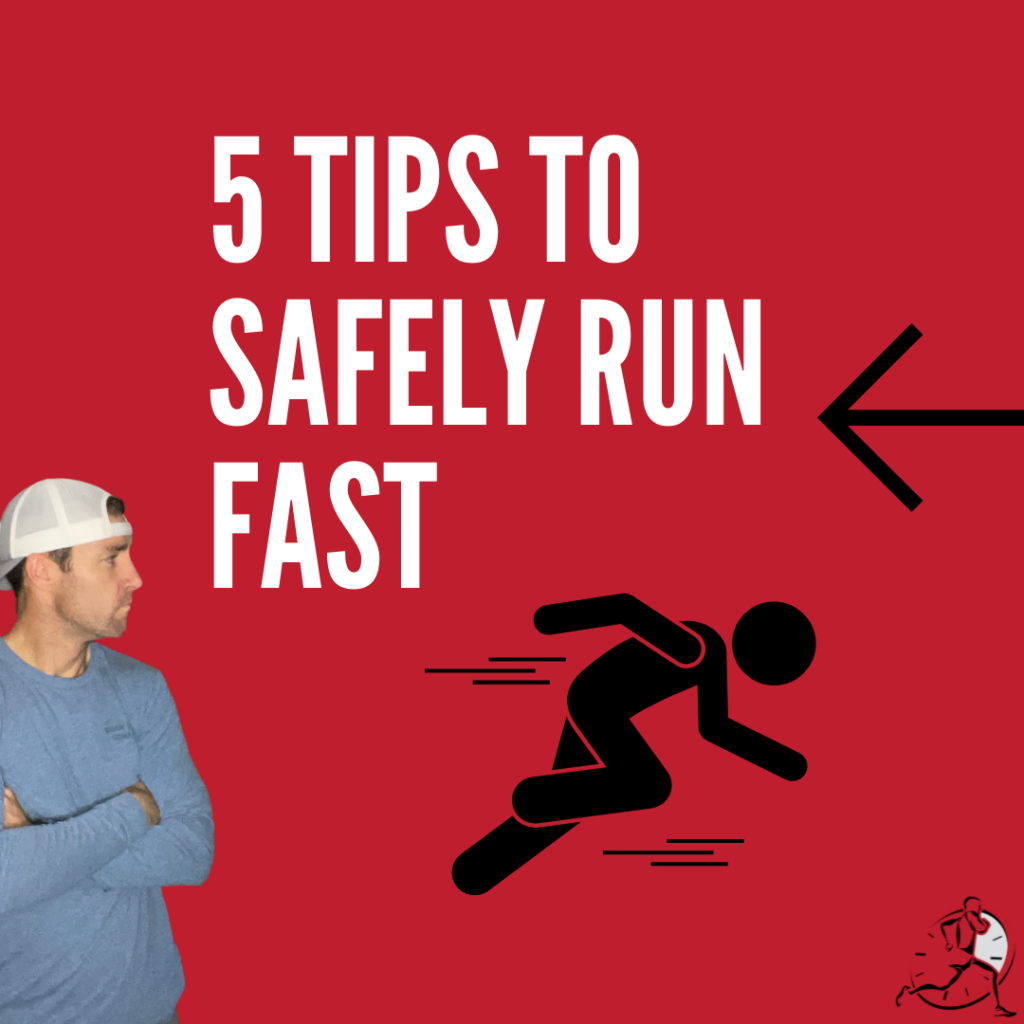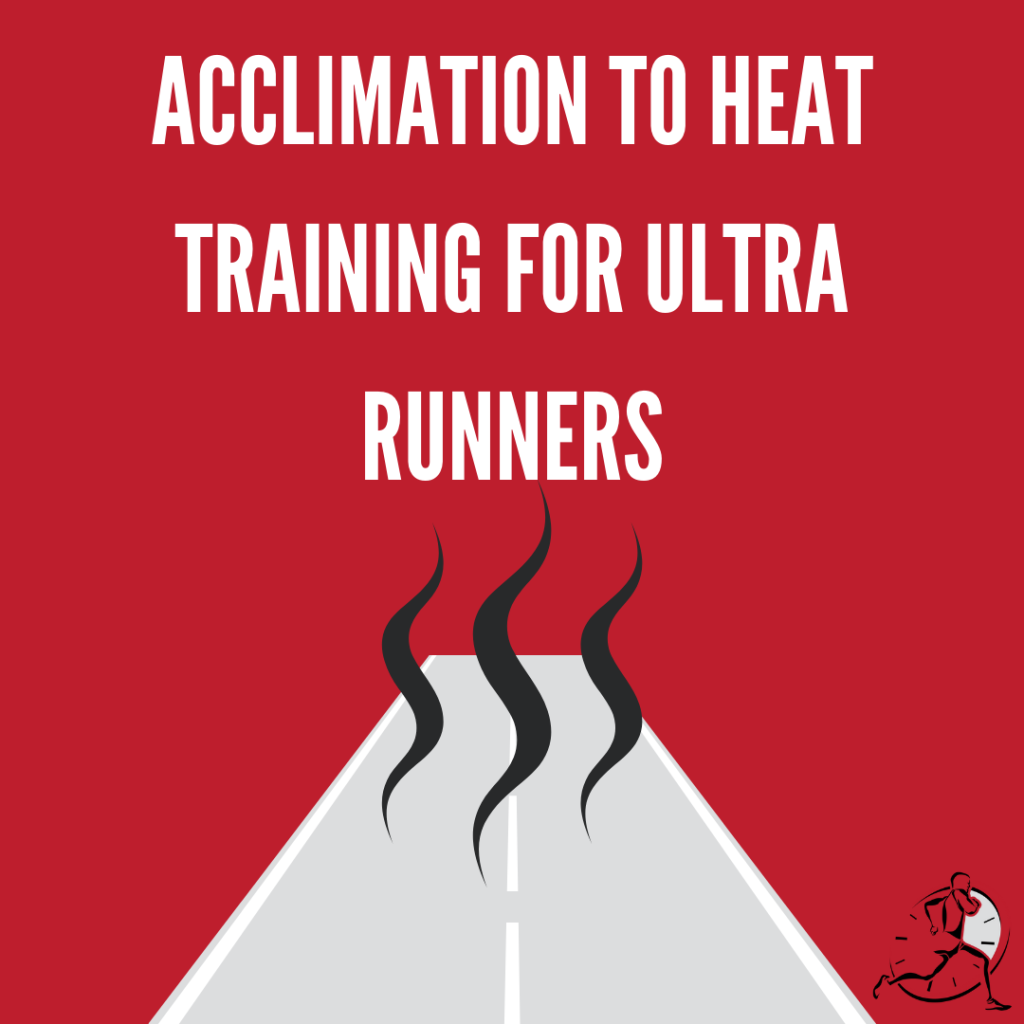The Ultra Challenge: Do You Dare to Take It On?
Hey there, ultrarunners and adventure-seekers! We all know that ultramarathons are not for the faint of heart. They’re the ultimate battleground, for those who dare to push their limits. So, what exactly makes this sport such an incredible challenge?
The countless variables that go into training for and running an ultramarathon can be overwhelming. So I wrote this article about the ins and outs of what it takes to tackle the ultra challenge successfully. From understanding the unique demands of ultramarathons to investing in comprehensive training, proper nutrition, mental fortitude, and the right gear, each element plays a critical role in your journey.
Before I dive into the details let me share a quick story. A few years back, I was running a 100-miler, and around mile 80, I hit a wall. Not a literal one, thank goodness, but the mental kind. I thought to myself, ”I can’t do this…” A little while later my wife told me “You’ve already done 80; you’re just negotiating with the final 20.” I was able to shift my focus, tap into that deep well of mental grit, and push through. That’s the Ultra Challenge in a nutshell. It’s not just about how fast or how far you can run; it’s about conquering those inner demons that shout “quit” when you’re striving for “complete.”
Ready to dive in? Let’s go.
The Anatomy of an Ultramarathon ????
Alright, so we’ve established that ultramarathons are a whole different beast. But what exactly defines an “ultramarathon”? Technically any distance above a marathon (26.2 miles), is considered an ultramarathon.
The cool thing about ultramarathons is that there is a lot of variety with the type of ultra you can do. You’ve got your timed races, where it’s about covering as much distance as you can within a set timeframe—think 12, 24, 48 hours, or even more. Then there are fixed-distance races, ranging from 50K to 100 miles or even more. Let’s not forget multi-day events; it’s like the Tour de France of running!!
Now, physiologically speaking, running these distances isn’t just “more of the same.” It’s a whole new ball game. Your body taps into energy reserves you didn’t even know existed. Imagine asking your car to not only run on fumes but to do so while going uphill, in the mud, for hours on end. That’s what you’re asking of your body, especially in those last miles.
The Importance of Proper Training ????
Ultramarathons are an incredible challenge that requires a serious commitment to training. If you’ve done marathons before, you have a good starting point, but it’s important to understand that training for an ultra takes a different approach. Long runs will be crucial, but they should be balanced with other types of workouts.
While high mileage may seem like the way to go, it’s not always the best strategy. In fact, focusing solely on racking up miles could lead to overuse injuries. Incorporating speedwork and tempo runs can be beneficial, but moderation is key to avoiding overtraining.
Cross-training is another aspect that should not be overlooked. Adding in activities like cycling or swimming can offer a nice break from running, while also building overall strength and reducing the risk of injury. Skipping cross-training might not seem like a big deal at first, but it could catch up to you in the long run.
So, while the excitement of tackling an ultramarathon can be invigorating, taking a thoughtful and balanced approach to training is recommended for long-term success.
Nutritional Requirements ????
When it comes to ultramarathons, nutrition isn’t just a side note; it’s a cornerstone of your success. The dietary needs during, and after such a long event are quite different from shorter races. Proper fueling can make a significant difference in your performance and overall experience.
During the race, you’ll need to replenish not just calories, but also electrolytes. While energy gels and bars are convenient, real food options like fruits or sandwiches can offer sustained energy. It’s a good idea to test different foods during your training runs to see what sits well with your stomach.
Post-race, recovery nutrition is critical. Protein and carbohydrates are necessary to help repair muscles and replenish glycogen stores. Adequate hydration is also crucial, especially if you’ve been running in hot conditions.
Nutritional mistakes can be common, particularly for those new to ultramarathons. For instance, overconsumption or underconsumption of calories during the race can both have adverse effects. Therefore, it’s recommended to develop a nutrition plan and test it during your training.
Taking a careful and researched approach to your nutrition strategy can go a long way in helping you meet the ultra challenge successfully.
Mental Fortitude: Make or Break ????
The physical aspects of ultramarathon running are undeniably demanding, but the mental component is just as critical, if not more so. Building mental strength is an essential part of training for an ultramarathon, as you’re likely to encounter various psychological barriers throughout the race.
One common issue many ultrarunners face is the “wall,” a point where both physical and mental fatigue collide, making it difficult to continue. Developing mental tools such as positive self-talk, mindfulness, and focus techniques can help you break through this barrier. Some runners also find visualization effective, where you picture yourself successfully crossing the finish line or overcoming difficult parts of the course.
The role of mental toughness doesn’t just start on race day. Your training runs can serve as valuable opportunities to practice these mental strategies. For instance, when you’re fatigued during a long run, trying to shift your focus from discomfort to your breathing or cadence can be a helpful exercise in mental conditioning.
Support from friends, family, and fellow runners can also make a big difference. A support network not only provides practical help like pacing or supplying nutrition during the race but also offers emotional encouragement, which can be invaluable in boosting your mental resilience.
In summary, while ultramarathons are physically grueling, your mental fortitude could very well be the make-or-break factor in successfully completing the race. Hence, it’s recommended to incorporate mental training into your overall preparation.
Gear Essentials ????
Selecting the right gear can have a substantial impact on your ultramarathon experience. Given the long duration and varying conditions of these races, your choice of equipment needs to be both comfortable and functional.
Footwear is arguably the most critical piece of gear. It’s essential to find shoes that offer the right balance of support, cushioning, and traction for your specific race conditions. I recommend having multiple pairs of shoes to switch into during longer races, especially if weather conditions are unpredictable.
Clothing should be moisture-wicking and breathable to help regulate body temperature. Depending on the climate and time of year, layering may be necessary. Always test your gear during training runs to ensure comfort and fit. Remember that what feels okay during a 10-mile run might not be suitable for a 50- or 100-mile journey.
Don’t underestimate the importance of smaller items like socks, gloves, and hats. Merino wool or synthetic fabrics are usually a good choice for socks, as they wick moisture away from the skin. Gloves and hats are essential for colder races and should be easily removable as you warm up.
Accessories like hydration packs, headlamps, and GPS watches can also be invaluable. A reliable hydration system is crucial to keep you fueled, especially in races without frequent aid stations. Headlamps are a must for nighttime or early morning running, and GPS watches can help you monitor pace and distance.
Overall, taking the time to carefully choose and test your gear can improve both your performance and comfort, making your ultramarathon challenge more manageable and enjoyable.
Race Day Strategies????
Finally, let’s talk about the big day itself. When you toe the line at the start of an ultramarathon, the culmination of your months of preparation comes into play. Having a solid strategy for race day can help guide you through the challenges that lie ahead.
Pacing is crucial, especially in the early stages when adrenaline and excitement can tempt you to start too fast. Establishing a sustainable effort that you can maintain throughout the race is a wise approach.
Nutrition and hydration during the race should be consistent with what you’ve practiced in training. This is not the time to try new energy gels or drinks; stick to what you know your body tolerates well. Timing your nutrition can be equally important. Consuming small amounts of food and fluid at regular intervals can help maintain energy levels and prevent gastrointestinal issues.
If your race involves varied terrain or changes in elevation, plan your strategy accordingly. Walking the uphill section will conserve energy for the later stages of the race. This tactic can be especially useful in longer events where fatigue becomes more of a factor.
Lastly, don’t underestimate the power of a positive mindset. When the going gets tough, having mental cues or mantras can keep you focused and motivated. Remember why you took on this challenge in the first place and draw strength from your training and preparation.
Having a well-thought-out race day strategy can significantly influence your performance and overall experience in tackling the ultra challenge.
Are You Ready for the Ultra Challenge?
So, there you have it—the ins and outs of what it takes to tackle the ultra challenge successfully. From understanding the unique demands of ultramarathons to investing in comprehensive training, proper nutrition, mental fortitude, and the right gear, each element plays a critical role in your journey.
The beauty of ultrarunning is its ability to push boundaries—both physical and mental. It’s a sport that demands respect, preparation, and a deep understanding of your own limits and capabilities. But the rewards, from personal achievement to a sense of community with fellow runners, make all the hard work worthwhile.
If you’re considering taking the plunge into ultramarathons, be prepared for a transformative experience. It’s not just about crossing the finish line; it’s about the lessons you’ll learn and the person you’ll become along the way.
While the journey is long and the challenge immense, with the right approach and mindset, the ultra challenge is not only attainable but also incredibly fulfilling. So, ask yourself: Are you ready to take on the ultra challenge?
Additional Resources and Further Reading
If you’ve made it this far, you’re likely serious about taking on the ultra challenge. To help you in your journey, here are some additional resources and recommended readings that can offer further insights and tips
Books: ????
– “Born to Run” by Christopher McDougall
– “Eat and Run” by Scott Jurek
– “Ultramarathon Man” by Dean Karnazes
Websites: ????
– UltraRunning Magazine (https://ultrarunning.com/)
– [iRunFar (https://www.irunfar.com/)
– Trail Runner (https://trailrunnermag.com/)
Podcasts:????
– “Trail Runner Nation”
– “The UltraRunner Podcast”
– “Talk Ultra”
Community and Forums:
– Run Ultra Forums (https://www.runultra.co.uk/Information/Ultra-Running-Community)
While this list is not exhaustive, these resources offer a good starting point for deepening your knowledge and connecting with a community of like-minded individuals.







